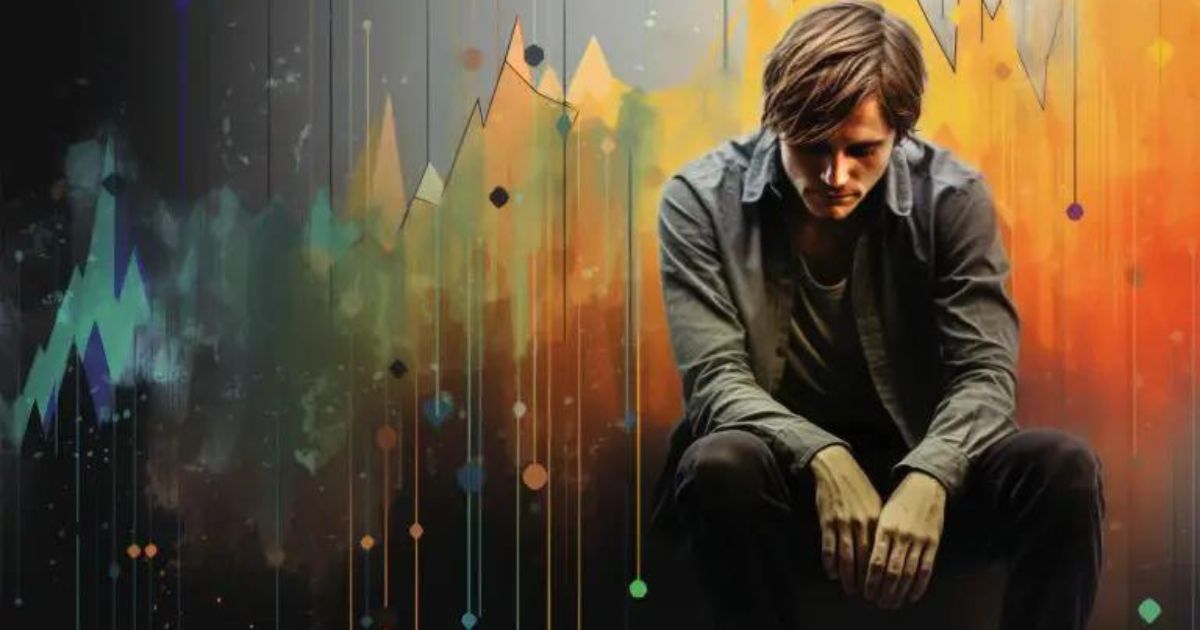Researchers have made a significant breakthrough in the treatment of treatment-resistant depression by identifying a biomarker in brain activity associated with recovery. This discovery, achieved through the use of deep brain stimulation (DBS) and explainable AI, offers new possibilities for personalized treatment approaches.
The findings shed light on the complex mechanisms behind DBS therapy and provide hope for individuals with the most severe forms of depression.
Pioneering Study To Find Out Key Biomarker
The research team, comprised of clinicians, engineers, and neuroscientists, conducted a pioneering study in the realm of treatment-resistant depression. They focused on patients undergoing deep brain stimulation, a promising therapy that involves implanting electrodes to stimulate specific regions of the brain.
By closely analyzing the brain activity of these patients, the researchers pinpointed a distinctive brain activity pattern that corresponds to the recovery process in individuals with treatment-resistant depression.
This pattern, referred to as a biomarker, serves as a quantifiable indicator of disease remission and marks a significant advancement in the treatment of this challenging condition.
Treatment-resistant depression poses a formidable clinical challenge, as it affects a substantial portion of individuals with depression. Traditional therapeutic approaches, including medication and psychotherapy, often prove ineffective for these patients, leaving them with limited treatment options.
Deep brain stimulation has emerged as a promising alternative, but the underlying mechanisms of its effectiveness have remained largely enigmatic.
The use of explainable AI has been instrumental in unraveling the mysteries of DBS therapy for treatment-resistant depression. This innovative technology allows researchers to decipher complex neural patterns and gain valuable insights into the treatment process.
By combining AI-driven analysis with extensive clinical expertise, the research team has made a critical stride towards enhancing the understanding and management of this debilitating condition.
The discovery of a biomarker for recovery holds immense significance for both patients and healthcare providers. It signifies a shift towards more tailored and precise treatment approaches, offering hope to individuals who have exhausted conventional therapeutic options.
Additionally, the newfound insights into DBS therapy can inform the development of more effective interventions and improve the quality of life for those grappling with treatment-resistant depression.
Treatment-resistant depression is characterized by its resistance to standard treatments, presenting a significant burden for affected individuals. It often leads to prolonged suffering, impaired daily functioning, and heightened risk of suicide.
Given the limited success of existing treatments, researchers have been diligently exploring alternative strategies to alleviate the profound impact of this condition.
Deep brain stimulation has emerged as a potential lifeline for individuals with treatment-resistant depression. This therapy involves surgically implanting electrodes in specific brain regions and delivering controlled electrical impulses to modulate neural activity.
While DBS has shown promise in numerous cases, its mechanisms have remained poorly understood, hindering its broader application.
In their quest to unravel the intricacies of DBS therapy, the interdisciplinary team of researchers embarked on a groundbreaking study. They recruited patients with treatment-resistant depression who were undergoing deep brain stimulation and meticulously recorded their brain activity throughout the treatment process.
By employing state-of-the-art AI algorithms, the researchers dissected the neural data to identify distinctive patterns associated with recovery.
The breakthrough came in the form of a biomarker—a measurable and reliable indicator of disease remission. This biomarker, extracted from the complex neural activity patterns, provides an objective means of assessing a patient’s progress and response to DBS therapy.
It represents a critical advancement in the field of psychiatry, where treatment-resistant depression has posed a persistent challenge.
The potential applications of this discovery are far-reaching. For individuals battling treatment-resistant depression, the identification of a biomarker offers renewed hope for recovery. It enables healthcare providers to tailor treatment plans to individual patients, optimizing therapeutic outcomes.
Moreover, the insights gained from this research pave the way for further refinements in deep brain stimulation and the development of more targeted interventions.
The convergence of clinical expertise and cutting-edge technology, including explainable AI, has illuminated the path forward in the treatment of treatment-resistant depression.
By decoding the intricate neural signatures associated with recovery, researchers have taken a crucial step towards alleviating the suffering of those living with this debilitating condition.
With personalized treatment approaches on the horizon, there is newfound optimism for individuals facing the challenges of treatment-resistant depression.


























